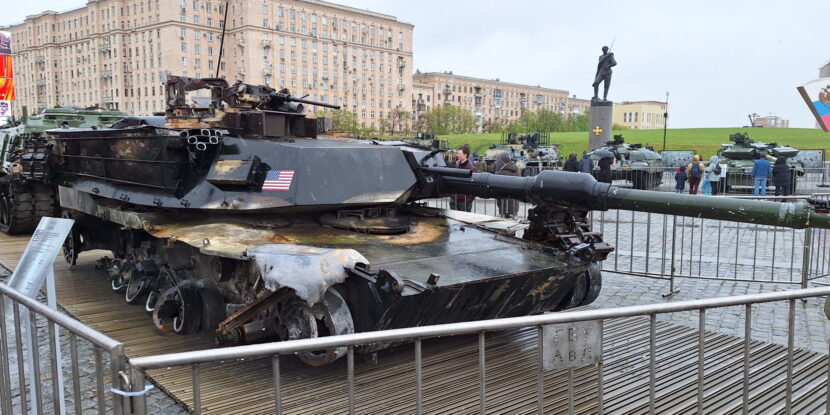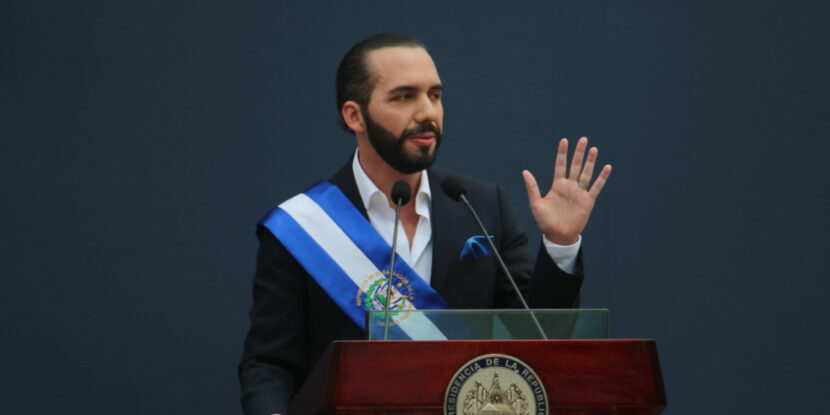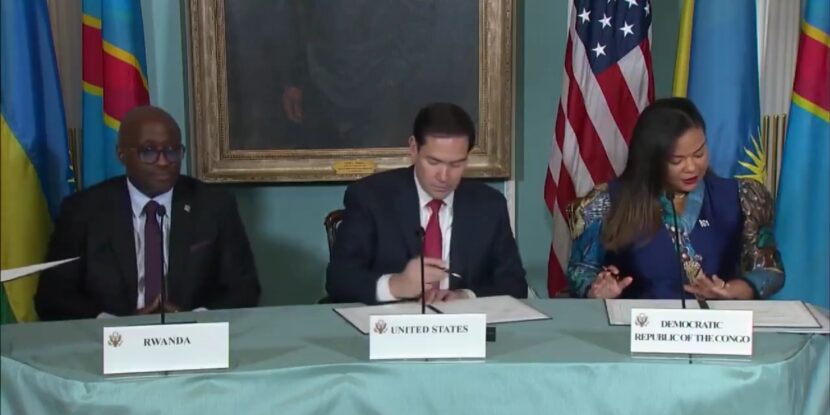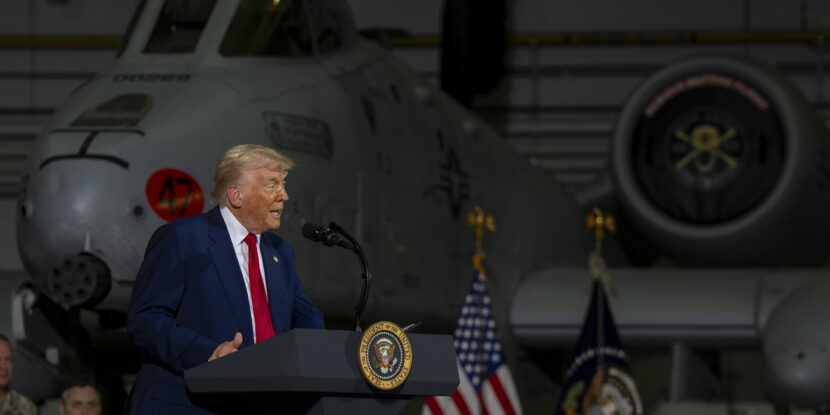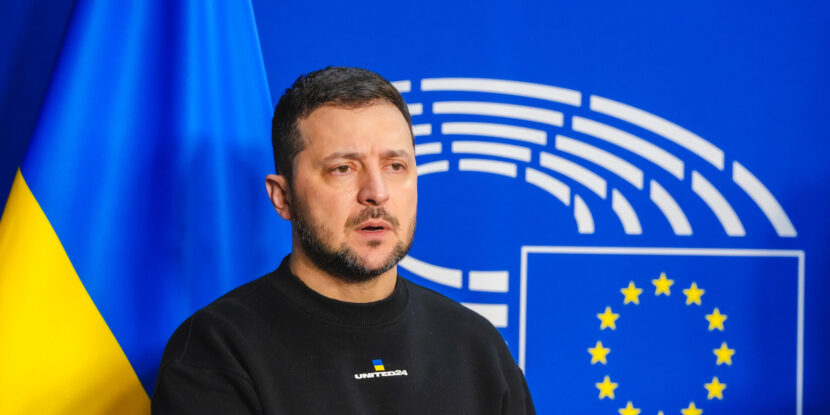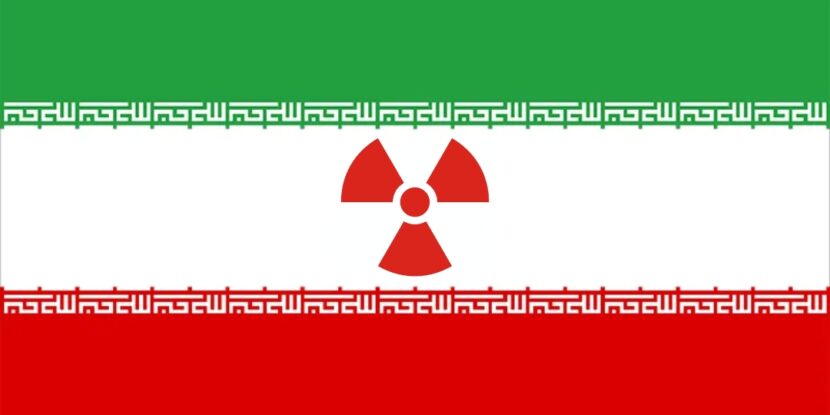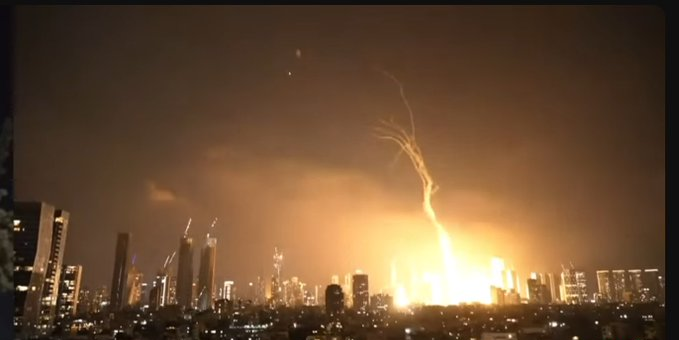❓WHAT HAPPENED: Russia and Ukraine’s war has reached its 1,222nd day as both sides continue a protracted war of attrition with over a million casualties and a stalled peace process.
👤WHO WAS INVOLVED: Ukraine, Russia, President Volodymyr Zelensky, President Vladimir Putin, President Donald J. Trump.
🎯IMPACT: The slow-moving frontlines and stalling of the peace process indicate far more casualties are likely on both sides in the coming weeks and months.
Russia’s war with Ukraine appears to be picking up pace in recent weeks, with Russia hammering parts of Ukraine with missiles and drones and appearing to be mounting a new offensive in the Sumy region. Reports indicate that as many as 50,000 Russian troops are active in the Sumy region, which neighbors Russia’s Kursk region, vastly outnumbering Ukrainian defenders.
The advance in Sumy comes after Ukraine’s failed counter-invasion into Kursk. This saw an initial breakthrough for Ukraine last year. Still, Russia eventually pushed the Ukrainians back after a surprise attack, partly through a gas pipeline, in March, which culminated in Ukraine eventually withdrawing from the region.
General Oleksandr Syrskiy, the head of the Ukrainian Armed Forces, has admitted that Russia is advancing across the frontlines and that the frontline itself has grown to over 750 miles. The vast length of the front, according to Syrskiy, makes it difficult for Ukraine to defend itself, as Russia is constantly looking for weaknesses in the line and exploiting them.
Another possible factor for the Russian advances in Sumy is that Ukrainian authorities did not create any major defensive fortifications in the area, particularly anti-drone defences, after the Kursk offensive was launched. As a result, many soldiers now have to dig fortifications themselves, often under heavy Russian fire from artillery, FPV drones, and other weapons.
“It’s like they prepared for tank columns, not a battlefield where dozens of drones strike daily,” one soldier told the Wall Street Journal. “Every single day a position isn’t ready is a day someone might not come back,” he added.”
CORRUPTION.
It is unknown why the fortifications are incomplete, but Ukraine has struggled with a massive amount of corruption throughout the conflict, including officials taking bribes to grant men medical certificates to avoid conscription and skimming millions of dollars meant for arming soldiers. Previously, Russia was also able to make inroads in the Kharkov (Kharkiv) region after defenses were not constructed.
Ukraine’s Western-provided weapons have also failed to tip the scale of the battle, with a recent report noting that nearly all of the M1A1 Abrams tanks provided by the United States are either destroyed or disabled.
Despite this, Ukraine continues to demand more Western weapons systems, including more Patriot and German-made Taurus missile systems. However, Germany declined to send Taurus systems earlier this month.
PEACE PROCESS.
President Donald J. Trump has repeatedly attempted to settle the war between Russia and Ukraine, but both sides have stubbornly refused to compromise. President Volodymyr Zelensky continues to insist that not only should Russia leave the eastern regions occupied in 2022, but it should leave Crimea, annexed to Russia in 2014, as well. This is despite admitting that it is unlikely Ukraine can take back Crimea through military means.
President Trump warned both countries earlier this month that he was willing to sanction them both if a peace deal could not be achieved or was obstructed by either side. According to Senator Lindsey Graham (R-SC), President Trump is willing to support additional sanctions against Russia. Graham spoke on June 29, stating that he had spoken with the President about the issue and received his approval.
“So what does this bill do? If you’re buying products from Russia and you’re not helping Ukraine, then there’s a 500 percent tariff on your products coming into the United States. India and China buy 70 percent of Putin’s oil. They keep his war machine going,” Graham said.
After 1,222 days of war, the Russia-Ukraine conflict continues at a slow pace, where the only sure thing remains the large number of soldiers killed on each side. Some estimate that the war has seen over a million casualties overall.
Join Pulse+ to comment below, and receive exclusive e-mail analyses.
